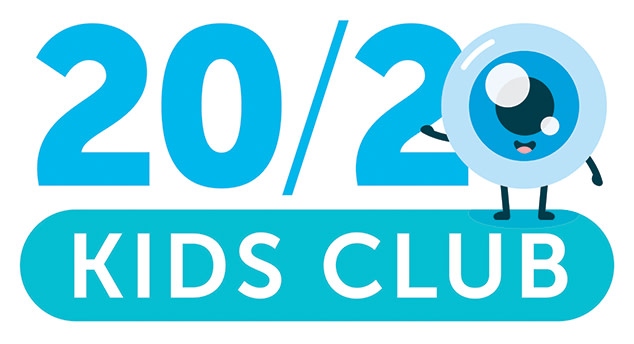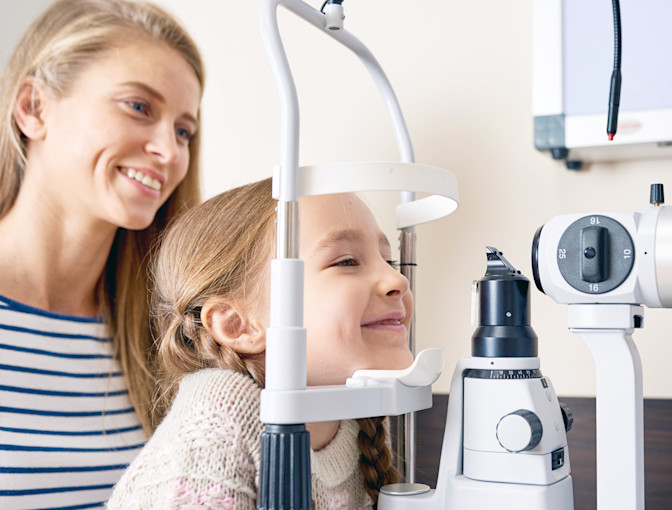50% OFF a Complete Pair of Glasses
*Restrictions apply. Click here for details.
Exceptional Eye Care for Kids of Every Age
We do more than just check your child's vision — we support the healthy development of young eyes. Learn more about eye care for your child.

Making Eye Care Fun for Kids
We make eye care stress-free for children and parents alike. Kids enjoy fun games, colorful milestone certifications, and a wide selection of frames they'll love to wear.
20/20 Kids Club makes every eye exam easy and exciting, allowing your child to see their very best.
Clear Vision is the Foundation of a Bright Future

From identifying early signs of nearsightedness or farsightedness to checking that the eyes are working together properly, we help children stay on track with their vision. During your child’s pediatric eye exam at Nationwide Vision, we perform a thorough evaluation to keep their eyes healthy as they grow.
In addition to treating common refractive issues, we also care for children with conditions such as Type 1 diabetes–related eye concerns, congenital glaucoma, congenital cataracts, and more. When your family visits Nationwide Vision, you have access to:
The latest diagnostic technology
Kid-friendly optometrists
Prescription eyeglasses and contact lenses for the whole family
Insurance coverage and FSA/HSA benefits
What Our Patients Are Saying

Signs Your Child May Need Glasses
If you notice your child is excessively squinting while trying to focus, rubbing their eyes during long reading tasks, or holding objects close to their face, schedule a pediatric eye exam as soon as possible. Other signs to watch for include complaints of frequent headaches, a sudden decrease in the ability to focus, and your child actively avoiding reading, drawing, and other close-focus tasks.

What to Expect at Your Child’s Eye Exam
Pediatric eye exams are similar to standard comprehensive exams, but they involve a few important differences:
Children may be asked to follow moving objects so the doctor can assess how their eyes function
Smaller instruments, such as retinoscopes, may be used instead of phoropters to evaluate vision
Additional screenings may be performed to check for childhood eye conditions, and in some cases dilation may not be needed
Frames Your Kids Will Love
Nationwide Vision offers a wide selection of durable, stylish, and kid-approved frames designed specifically for children from trusted brands you know and love.
Click on an image below to browse our wide selection of kids’ frames.
